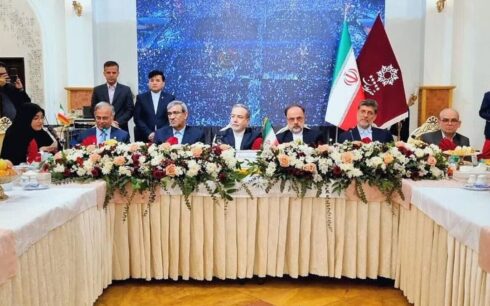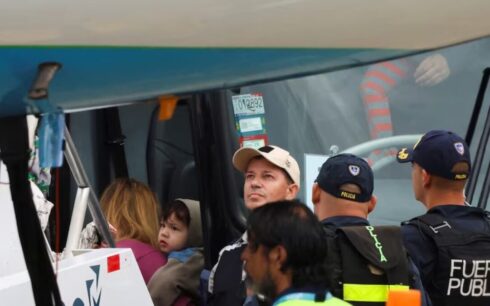As Jakarta readies itself to host the 43rd Association of Southeast Asian Nations (ASEAN) Summit this coming Tuesday, concerns arise over potential divisions overshadowing the meetings amidst escalating regional tensions, particularly in the context of the South China Sea conflict, an analyst conveyed to Reuters.
Muhammad Waffaa Kharisma, a researcher at the Center for Strategic and International Studies, asserted that the cohesion within ASEAN faces challenges due to the contrasting perspectives on contentious matters and a sense of restraint regarding their open discussion.
“There will be a considerable degree of self-imposed restraint when it comes to engaging in discussions and utilizing the platform for sideline bilateral talks addressing issues like the conflicts in the South China Sea. In my view, ASEAN merits greater attention, especially when confronting such pressing concerns,” Kharisma articulated.
He continued, “There appears to be a noticeable divergence among Southeast Asian nations at present. If one were to engage in conversations with individuals in the Philippines, the prevailing sense of paranoia concerning the potential impending conflict stands in stark contrast to the sentiments in Jakarta. This divergence is currently posing a substantial threat to ASEAN’s unity.”
On Thursday, the Philippines, Malaysia, Taiwan, and Vietnam collectively rejected a map published by China, dismissing it as unfounded with regards to its claims of sovereignty, notably in the South China Sea.
China’s released map featured a U-shaped demarcation that extended as far as 1,500 kilometers south of its Hainan island and encroached upon the exclusive economic zones (EEZs) of Vietnam, the Philippines, Malaysia, Brunei, and Indonesia.





